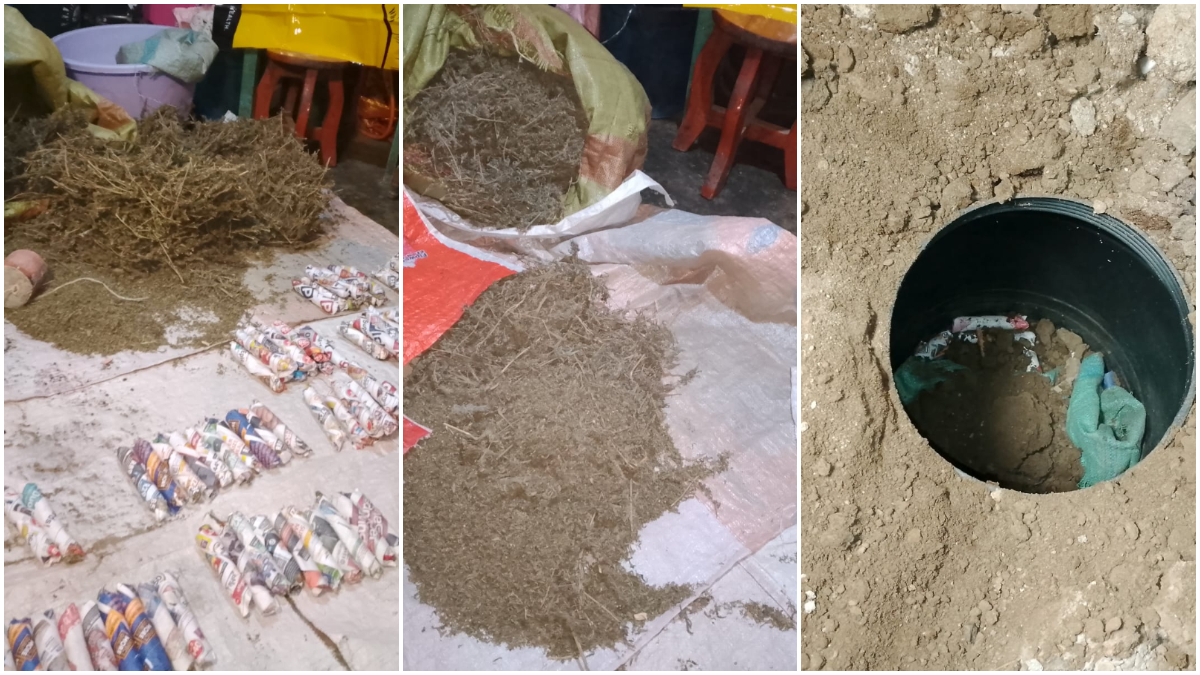Veteran actor John Githui, popularly known as Ras from the hit drama series Mother-in-Law, has opened up about the untold struggles in Kenya’s entertainment industry ,from financial frustrations to artistic limitations, that led him to walk away from mainstream acting.
Speaking to TV47 Digital presenter Jackie Mungai, famously known as Tina (his on-screen wife in Mother-in-Law), Ras clarified that his exit from the show was a personal decision, not a dismissal.
“I wasn’t sacked. I stepped back to assess my journey and growth. Sometimes you stay somewhere for so long, but instead of progressing, things begin to deteriorate. I’ve never regretted leaving,” Ras said.
After exiting the show, Ras immersed himself in various projects, from environmental work like tree planting to business ventures and community engagements in different counties.
He eventually returned to Nairobi to reconnect with his audience and help reshape how art is perceived in Kenya.
One of the key concerns he raised is how artists are boxed in by public expectations, with many fans assuming that appearing on TV equates to wealth and comfort.
“You might be walking because you lack bus fare, but a fan in a Range Rover pulls over just to greet you. They think you’re walking to stay fit, but in reality, you’re struggling.”
The actor also shared an eye-opening moment from a conversation he had with a South African producer.
When he mentioned that top Kenyan actors might earn up to KSh 40,000 per episode, the producer laughed, revealing that extras in South Africa earn more, around KSh 100,000.

“It’s not that Kenya can’t afford to pay actors well. The problem is gluttony. We lack proper structures, policies, and legal protections. Everything runs in juakali style, leaving artists without bargaining power,” he emphasized.
Despite the challenges, Ras remains deeply involved in the creative space. He has transitioned into writing and directing, with several productions underway.
He is currently directing a children’s series titled The Rick Kid, and is part of a new production called Kikwetu.
Additionally, he is co-writing a mini-series, Case 2034, which he hopes will premiere on Netflix this September.
“I’m still in production. The car wash business I run is just a side hustle. My focus now is on storytelling, writing, directing, and building something bigger than myself.”
Ras also had a word of caution for emerging creatives:
“To the young producers, actors, and directors, once fame kicks in, don’t stop answering calls. Don’t think you’ve arrived. Fame is only the beginning.”
Through his candid reflections, Ras sheds light on the silent battles many artists face behind the spotlight , and why the future of Kenyan art depends on structural change, policy, and unity within the industry.












